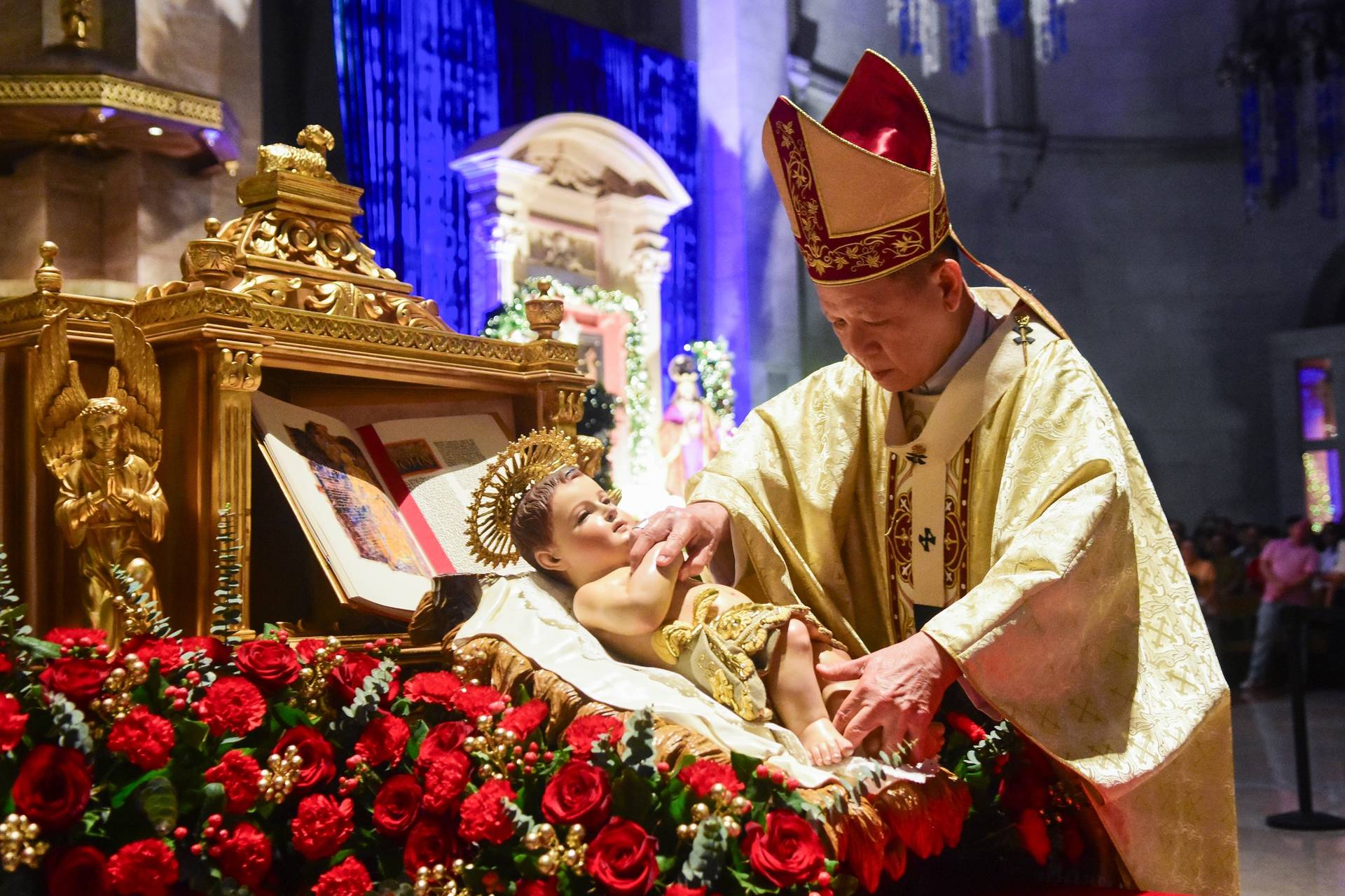MUMBAI – In the latest effort to resolve one of the most contentious intra-Catholic disputes anywhere in the world, Pope Francis has appointed a veteran Vatican expert on Eastern Churches as his Pontifical Delegate for the Archeparchy of Ernakulam-Angamaly in India’s Syro-Malabar Church.
The announcement that Slovakian Archbishop Cyril Vasil, a Jesuit and the former number two official in the Vatican’s Dicastery for Eastern Churches from 2009 to 2020, has been appointed to the role was made by the archeparchy July 31.
Since 2020, Vasil has led the Eparchy of Košice in Slovakia’s Greek Catholic Church. He’s also a former rector of Rome’s Pontifical Oriental Institute.
The idea to name a Pontifical Delegate came out of a meeting in early May between bishops who make up the Permanent Synod of the Syro-Malabar Church and Italian Cardinal Pietro Parolin, the Vatican’s Secretary of State, and Italian Archbishop Claudio Gugerotti, Prefect of the Dicastery for Eastern Churches.
When the Syro-Malabar bishops held an emergency meeting in June, they confirmed their desire for a Pontifical Delegate. According to the announcement, Vasil is set to arrive on August 4 and will be accompanied by fellow Jesuit Father Sunny Kokkaravalayil, an Indian who currently serves as vice-rector and a professor of canon law at the Pontifical Oriental Institute.
Although Vasil arrives as a special representative of Pope Francis, Archbishop Andrews Thazhath, who was appointed the Apostolic Administrator of the Archeparchy of Ernakulam-Angamaly last year, will remain in that role, as will Cardinal George Alencherry, the leader of the Syro-Malabar Church, whose headquarters are in the archeparchy.
The backdrop to the appointment is an escalating fracture in the Syro-Malabar Church over liturgy as well as financial administration, politics and power, which pits Alencherry and the other bishops against a substantial share of clergy and laity in Ernakulam-Angamaly.
The dispute has been raging since 2021, when the Church’s synod decided to adopt a uniform mode of celebrating the liturgy, in which priests are to face the people during the Liturgy of the Word and then the altar during the Liturgy of the Eucharist, turning around again to address the congregation after communion.
Clergy and laity in the Archdiocese of Ernakulam-Angamaly have rejected those changes, arguing that their custom of the priest facing the people throughout the Mass is a legitimate liturgical variation and one more consistent with the reforms of the Second Vatican Council (1962-65).
A lay activist group called Almaya Munnettam announced what they called a “Campaign for Justice,” effectively blockading the local cathedral basilica to prevent the new form of Mass from being celebrated.
The Almaya Munnettam group also insisted that the scope of their protests isn’t just the liturgical dispute, but also a series of financial decisions made by Cardinal George Alencherry, the head of the Syro-Malabar Church, which allegedly resulted in losses to the Archdiocese of Ernakulam-Angamaly of roughly $10 million.
India’s Supreme Court in March refused to toss out seven criminal indictments against Alencherry, ruling instead that the 78-year-old prelate will have to stand trial.
There have also been charges from critics than Alencherry and other bishops of the Syro-Malabar Chuch have been excessively supportive of India’s Prime Minister Narenda Modi, despite charges that Modi’s Hindu nationalist BJP party has allowed harassment and persecution of Christians to fester, in hope of currying favor.
Exactly what authority Vasil will have to navigate these disputes isn’t clear. The church’s announcement suggested his role is limited to overseeing “implementation” of the synod’s decisions on the liturgy, but dissidents are hoping he’ll be open to hearing their case against those decisions.
“We hope that he will be objective and will patiently hear the pleas of the priests and laity of the archdiocese with Papal solicitude,” said Father Paul Thelakat, a former spokesman for the Syro-Malabar Church.
“We hope he will rise above the non-dialogical ways and listen to the Spirit of God working also through the priests and laity who have been suffering for long,” Thelakat said.
The Syro-Malabar Church is the second largest eastern Church in communion with Rome, after the Greek Catholic Church in Ukraine. It has a following estimated at 2.35 million in the southern Indian state of Kerala, and 4.25 million worldwide.
















